I took part in a leadership survey conducted by an advisor to numerous Fortune 500 Companies which asked me to list three people I consider heroes. Without hesitation I listed William Wilberforce, Martin Luther King, Jr., and Ronald Reagan.
As we were reviewing the results, he asked me why I chose those people. I told him Wilberforce brought life-long determination to right injustice, King defined injustice in stark terms that everyone could understand, and Reagan brought a rare vision of the world where God takes the side of justice. He said in all of his years, nobody had ever picked William Wilberforce and he commended me on my choices, and consistent theme.
This legislative session, I have watched as justice on teacher payroll deductions were beaten back by a trio of lobbyists and former Republican legislators on behalf of the teacher’s union. There are many reasons these individuals are former legislators. I would never trade my conscience for a paycheck.
Let me explain the issue. One group of teachers gets a benefit, which the rest of the other teachers do not get. Chuck Cagle, a well-respected education attorney for Lewis – Thomason, and General Counsel to the Tennessee Organization of School Superintendents wrote in 2016: “if dues deduction has been the subject of conferencing and is included in the Memorandum of Understanding, the deductions are available for all teacher organizations whose members request it.” Then he added: “Further, the LEA may not promulgate a policy that establishes an arbitrary minimum membership threshold in order to receive this benefit.”
I strongly agree with Mr. Cagle. The minimum membership threshold which seemed to frustrate the passing of the payroll deduction bill is arbitrary and capricious and failure to provide payroll deduction to ALL teachers violates pertinent sections of the 14th Amendment of the United States Constitution. The policy must be the same for all teachers, regardless of their membership in an organization.
The Equal Protection Clause is part of the Fourteenth Amendment to the United States Constitution. The clause, which took effect in 1868, provides that no state shall deny to any person within its jurisdiction “the equal protection of the laws”. It is our belief that the state and most school districts in the state are violating the Equal Protection Clause of the Fourteenth Amendment to the U.S. Constitution by denying non-union teachers a benefit extended to the “similarly situated” union teacher.
Keep in mind, Tennessee Code §49-5-602(9) defines a “Professional employees’ organization” as any organization with membership open to professional employees . . . in which the professional employees participate and that exists for the purpose of promoting the professional status and growth of educators and the welfare of students.”
Last legislative session there was an attempt to stop payroll deduction for the union. Many legislators openly questioned the utilization of payroll deductions for political activities by the union. Our position was straightforward: we want the law applied equally and we do not endorse or support political candidates with our member’s dues. Our belief: Either every teacher gets the same rights, or the right should not be extended to one group of teachers, at the expense of all other teachers. Justice should be blind and the personal freedoms of individuals require that the common government of all should not pick winners and losers.
Last year, during the argument on banning payroll deductions for the union, the cost incurred by school districts was stated as not significant to implement. This year to add the payroll deduction on behalf of non-union teachers the cost was estimated to be around $100,000. This cost increase did not make sense, nor were the union dues accurate in the fiscal note. Teacher union dues are currently around $600 a year, not $187 as listed in the fiscal note. This error should be corrected on the fiscal note submitted by the Tennessee General Assembly Fiscal Review Committee. Our dues are $189 a year.
The question to ask legislators is, “Why do you oppose fairness for all educators? Have political contributions entered into the debate and given union members preferential treatment? Why was the legislation HB 356/SB 404, which passed almost unanimously both the Senate and House Education Committee, killed in a House Finance sub-committee? And if you support payroll deductions for all professional employee organizations, why can’t we pass a simple bill?”
An alternative remedy is to file a lawsuit in federal court seeking protection and application of the 14th Amendment of the US Constitution. It should be noted that both union and non-union organizations have previously filed suit on this basis with some success. While lawsuits are the least preferred method for public policy, it may be the only option at some point. It would stand to reason that the state would want to ensure equal protection of the laws to any person within their jurisdiction, in this case public school teachers.
Like William Wilberforce, I am determined. Like Martin Luther King, Jr. I despise injustice. And like Ronald Reagan I believe God is firmly on the side of justice. The question is when will our Legislators join the fight for all teachers?
##
JC Bowman is the Executive Director of Professional Educators of Tennessee, a non-partisan teacher association headquartered in Nashville, Tennessee. Follow him on Twitter @jcbowman. Permission to reprint in whole or in part is hereby granted, provided that the author and the association are properly cited.

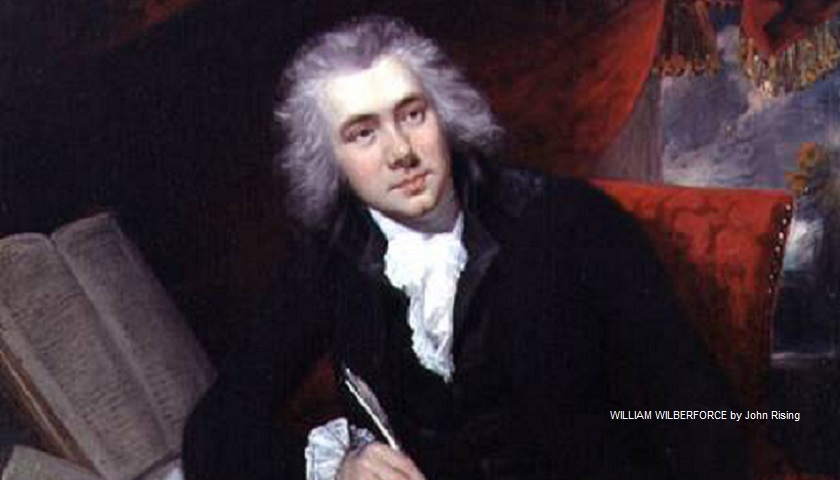



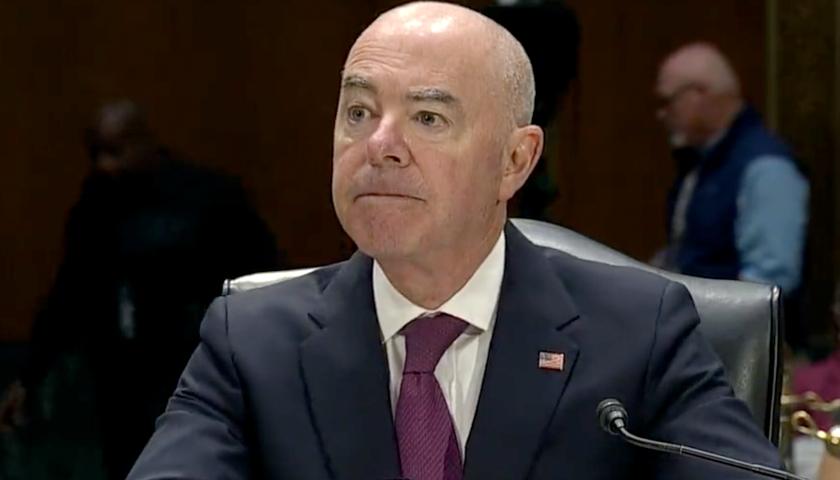
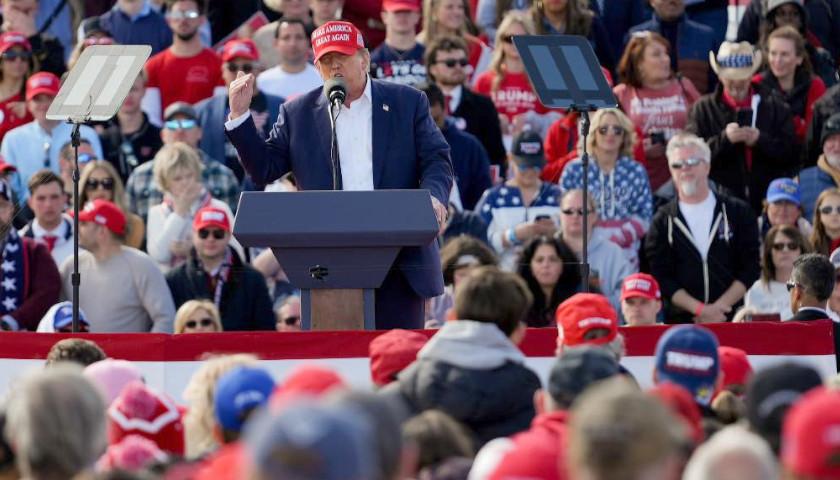
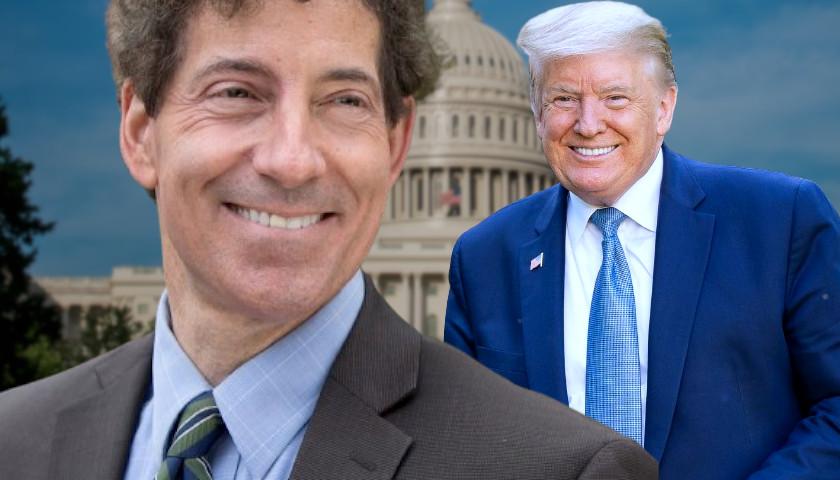
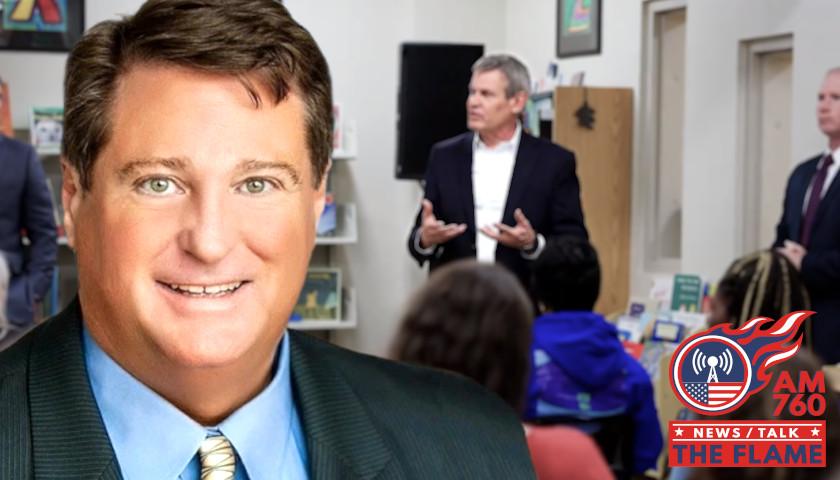
JC, how about the Professional Privilege Tax? Do you consider it a violation of the 14th Amendment that not all “professionals” are equally forced to pay $400 per year (plus mandatory online payment and “convenience” fees) for the “privilege” of attempting to work in TN whether they have actual work or not?
Interesting question. I have never liked the Professional Privilege Tax, that I pay myself. I do think it deserves to closer scrutiny. I know the Founding Fathers did not envision a “Professional Politician,” so surely they never considered a “Professional Lobbying.” That being said, it may violate the first amendment. In 2010, the US Supreme Courts’ Citizens United decision held that corporations have a First Amendment right to spend unlimited amounts of money to influence elections. Should people have to pay to access their government? Great question. Need to think it through.